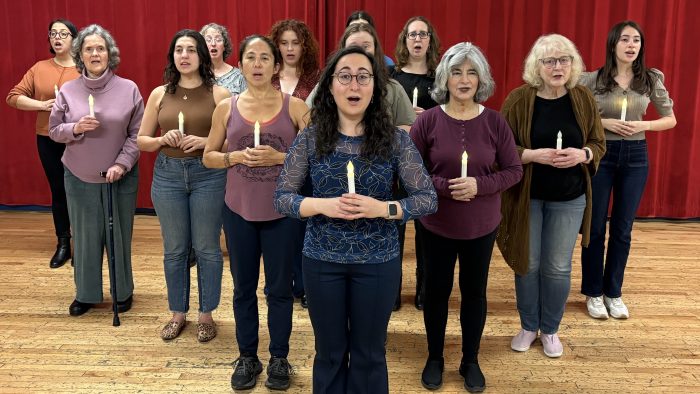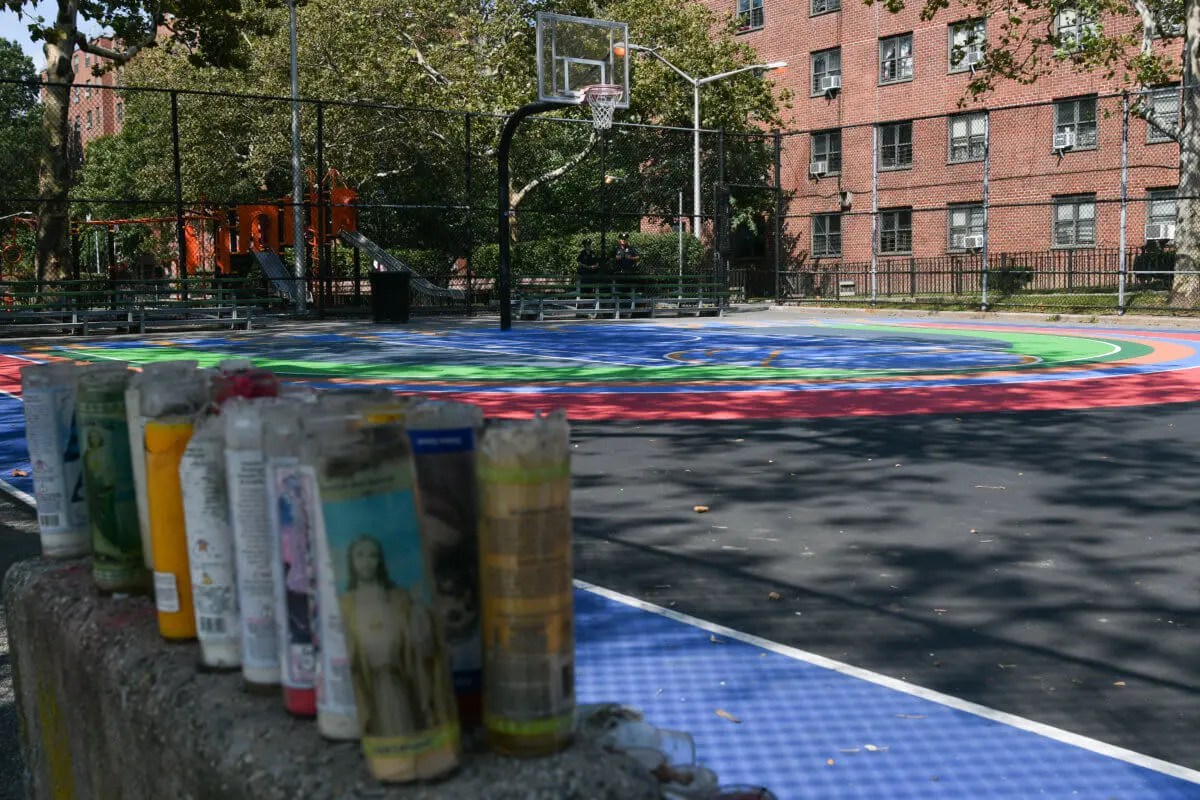
It’s the height of tax season, and many filers are struggling to navigate through this year’s rules regarding fines, exemptions and refunds.
To make things a little easier, we spoke with a few local tax experts about some of the changes to this year’s system that might affect you.
But before you dive in, Sheila Brandenberg, a New York CPA who runs her own firm out of her home in Teaneck, New Jersey, wants to remind filers that they can submit their New York State income taxes for free at tax.ny.gov.
She added, “I have been telling my clients, with the increase of identity theft, to know that they can go onto irs.gov and get an e-file pin. That pin protects you.”
With that in mind, here are some things to take note of during this year’s tax filing:
MCTMT form
Filing a metropolitan commuter transportation mobility tax (MCTMT) is a little easier for freelancers this year.
In 2009, New York State established an MCTMT to help fund the MTA. The tax affects freelancers who earned a net profit of more than $50,000 in the filing year and employers who had a payroll higher than $312,500.
In the past, freelancers had to fill out and file a special MCTMT form, but this year they can pay the tax directly on their New York State income tax form.
This will save both filers and accountants money and paper, according to Anil Melwani, a member of the New York State Society of CPAs and owner of 212 Tax & Accounting Services, based in midtown.
It’s a “great change that we’re very happy about,” he said.
Information return penalties
The penalty for employers who did not issue W2s, W3s, 1099s or 1098s, depending on which is applicable, to their employees was raised to $500 per violation for the 2015 filing year, up from $200 in 2014.
The fee helps the IRS collect more money and it helps the agency pressure employers to issue tax forms, Melwani said.
However, he added that the fee is more bark than bite, as it often isn’t enforced.
“It’s just a form of intimidation,” Melwani said.
Permanent changes
A few key rules were made permanent this year, noted Brandenberg, who is also a member of the NYSSCPA.
“At the end of the year there’s always this big push for Congress to pass things that are about to expire,” she said. “This year Congress made a number of things that were temporary permanent.”
Child Tax Credit — The federal credit, which was expected to expire in 2017 but is now permanent, gives up to $3,000 back to filers with children under the age of 16. The amount they qualify for depends on their income and the number of kids they have. The credit is refundable, added Brandenberg, so U.S. citizens can get their money even if they don’t have an income tax form to claim dependents on.
American Opportunity Tax Credit — Filers who are paying college tuition for their dependents can get up to $2,000 depending on their income and the amount of tuition under a credit that is now permanent. Generally, the lower the income, the more money someone can get, Brandenberg said.
Earned Income Credit — This credit is geared toward low-income filers, Brandenberg said. The credit applies to filers and is based on their income, whether they are single or married, and how many kids they have. For example, a single filer with no dependents who earned up to $14,803 in 2015 can get a $503 credit. The credit goes up to $6,242 for married filers who together earned $53,267 or less last year and are claiming three or more dependents. More info can be found at irs.gov.
New York Estate Tax
The New York State estate tax exemption is $3,125,000 for the period between April 1, 2015, and March 31, 2016.
In other words, an inheritor would have to pay a tax if the estate is worth more than $3,125,000. That number will increase to $4,187,500 for the time period between April 2016 and March 2017.
According to Joe Falanga, a managing director at UHY Advisors, a finance firm with a midtown office, New Yorkers often don’t realize how much their estates are worth and should have them appraised to be prepared.
“If you own an estate or an apartment in New York City, it can get up there pretty quickly,” he said.
New York City offers free tax prep services to residents for low-income filers. At most sites, a filer must earn $54,000 or less if they have children, or $30,000 or less if they don’t, to qualify. Here are five of the 200 sites that offer in-person services around the five boroughs. For more sites and info, visit NYC.gov.
MANHATTAN
NYPL Chatham
33 E. Broadway
Foodbanknyc.org/taxhelp
BRONX
LIFT Communities
349 E. 149th St. Suite 500
347-584-4010
BROOKLYN
NYPL New Lots
665 New Lots Ave.
Foodbanknyc.org/taxhelp
QUEENS
Queens Library at Cambria Heights
218-13 Linden Blvd.
Tax.ny.gov/fsa
STATEN ISLAND
NYPL St. George
5 Central Ave.
Foodbanknyc.org/taxhelp


































